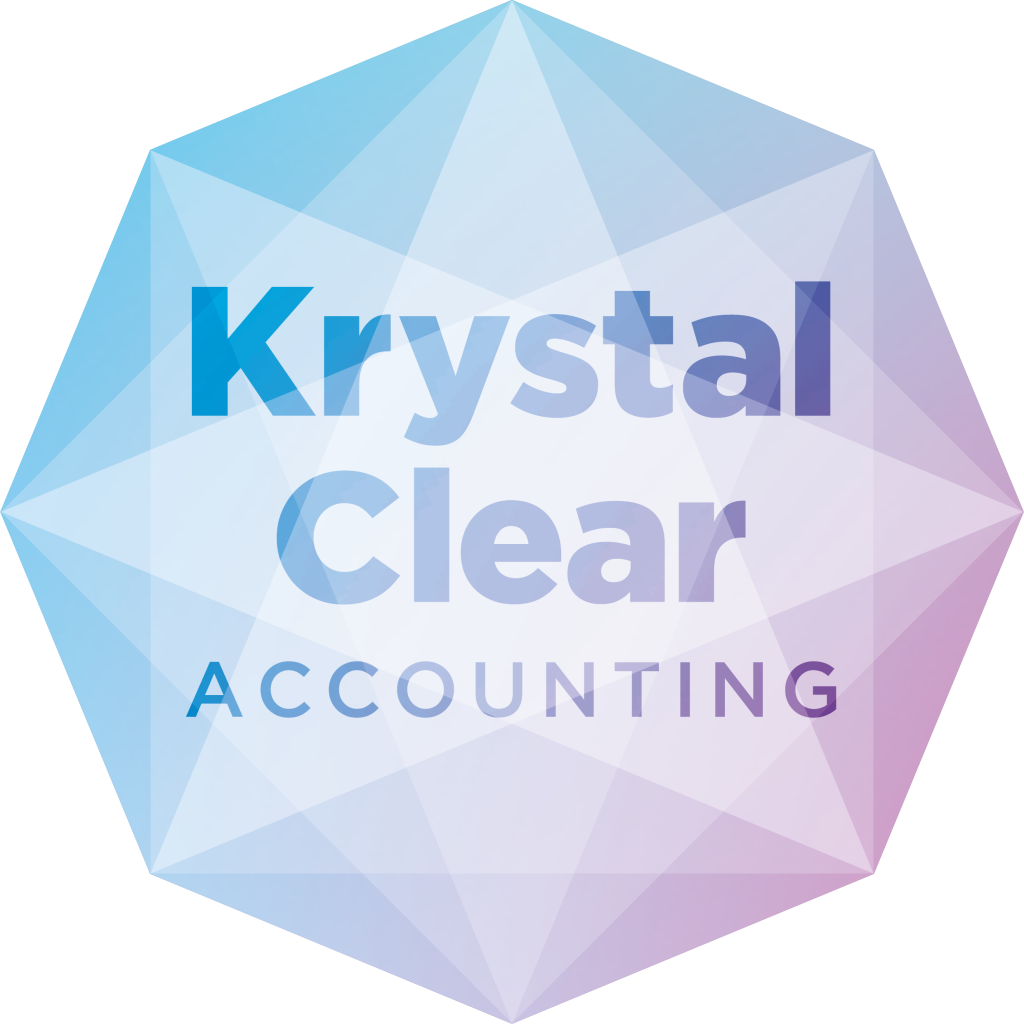
Can I pay my staff tax free?....
This is a common question I get asked by business owners.
Some ask because they want to financially reward their staff AND do so in way so that as much of that cash as possible goes to the employees and not HMRC.
Others ask because they want to extract cash in the most tax efficient way – at the end of the day they too are employees of their own limited company.
Either way, the good news is that there are indeed several expenses and benefits which can be paid that are tax-free to your employees and are tax deductible for your business.
The possible tax savings on offer could be sizeable...
The employee could save income tax (typically 20% but could be higher) and employee national insurance (typically 13.25%).
The company could save corporation tax (typically 19% but could be higher) and employer national insurance (typically 15.05%).
Here are 13 of what I believe are the most common tax-free benefits and expenses which could potentially benefit you and your employees:
1 - Trivial Gifts
Every director (& company secretary) can receive up to £300 of trivial gifts from their limited company each year.
For each gift to qualify the following 3 conditions must be met:-
· It must be considered a gift
· Each gift must cost a maximum of £50
· The gift cannot be cash or a cash voucher
Amazingly, any family member (of a director) who is on the payroll of the same limited company can ALSO get £300 of trivial gifts!
The cost of all trivial gifts is tax deductible for the employer and tax-free for the employee.
2 - Employee Gifts
You might want to give your employees a present eg Xmas, hamper, a bottle of wine, gift card or a box of chocolates.
So long as the gift is not cash and costs less than £50 per person a head then it shouldn’t be treated as a taxable benefit.
The cost of all these gifts is tax deductible for the employer and tax-free for the employee.
3 - Encouragement Awards
These awards can be given to an employee as a thank you for either good suggestions which haven’t been taken forward and/or to reward them for special efforts.
The cost of this award (which is capped at £25) is a tax-deductible cost for the employer and tax-free for the employee.
4 - Financial Benefit Awards
A Financial Benefit Award is a payment, worth up to £5,000, which can be made to an employee because of a suggestion they have made.
The cost of a Financial Benefit Award is a tax-deductible cost for the employer and tax-free for the employee.
For a suggestion to qualify for this award various conditions must be met:
1. The suggestion scheme must be open to all employees.
2. it must be likely that the suggestion wouldn’t have been made by the employee as part of their normal day-to-day work.
3. The suggestion can’t be made at a meeting for proposing new ideas.
4. The suggestion must look to improve the efficiency or effectiveness at your business.
5. The suggestion must be adopted & changes implemented.
6. On the date when the award is made the employer reasonably expects the changes resulting from the suggestion will lead to a financial benefit (ie more profit for the business).
The maximum amount (subject to an over-riding maximum of £5,000) paid for a Financial Benefit Award is the greater of:
1. 50% of the financial benefit that the employer reasonably expects will result from the adoption of the suggestion in the 1st year after its adoption, or
2. 10% of the financial benefit that the employer reasonably expects to result from its adoption in the first five years after its adoption,
ALO. Employees are allowed to receive more than one of these awards.
5 - Health Screening
An employer is allowed to pay the cost of providing an employee with one health screening assessment AND one medical check-up each year.
Offering health screening is at an employer’s discretion – it does NOT have to be made available to every employee.
The cost of the assessment and check-up is tax deductible for the employer and tax-free for the employee.
6 - Medical Treatment
In the main, the cost of medical treatment for an employee but which is paid by employer is treated as a benefit-in-kind. It is therefore subject to tax.
BUT. There are 2 exceptions to this rule meaning the cost of the treatment is tax deductible for the employer and tax-free for the employee.
1. Any treatment for injuries or diseases that directly result from an employee’s work
2. If an employee has been absent from work due to illness for at least 28 days AND the treatment has been recommended to assist the employee’s return to work.
THEN an employer may pay up to £500 towards medical treatment tax-free.
7 - Eye Tests
If an employee regularly uses a computer screen (or a similar device) for work then the employer is allowed to fully re-imburse the employee for the following:
• Cost of an eyesight test
• Cost of corrective glasses / contact lenses which are required solely for screen related activities at work AND which an eyesight test has shown are necessary.
In both cases the cost is tax deductible for the employer and is tax-free for the employee.
8 - Welfare Counselling
An employer is allowed to provide welfare counselling services for its’ employees.
The counselling service must be:
· for welfare issues (eg bereavement, ill health or stress, problems at work, sexual abuse or personal relationship difficulties)
· available to all employees
The cost of this is tax deductible for the employer and tax-free for the employee.
Welfare counselling does NOT include medical treatment, legal advice, financial advice (other than debt counselling), or advice on leisure & recreation (other than health screening as mentioned above).
9 - Long Service Awards
A long service award is worth a minimum of £1,000.
For an award to qualify the following conditions must be met:-
· the employee has worked for an employer for at least 20 years
· the award is worth no more than £50 for each year of service
· the employee hasn’t been given a long-service award in the last 10 years
· the award can’t be given in cash
For example.
An employer can give a non-cash award with a value of up to £1,000 for 20 years’ service.
The cost of a long service award is tax deductible for the employer and tax-free for the employee.
10 - Cycle to Work Scheme
Under this Scheme the provision of bicycles and any associated safety equipment is tax-free.
The employer buys a bike for the employee you to ride to work. The employee then rents it by making a series of monthly payments to the employer. No payment though is made as the amount is deducted (or salary sacrificed) from the employee’s gross salary.
Once the final rental payment has been made the bicycle is then sold to the employee – although the price will be a fraction of the original purchase
Be mindful that the Scheme has 2 conditions which must be met:-
· The Scheme must be made available to all employees
· The bicycle must mainly be used for work – either travel between home and the workplace or between workplaces.
By using salary-sacrifice the cost of the bicycle and associated equipment is tax deductible for the employer and tax-free for the employee.
11 - Incidental Overnight Expenses
From time-to-time employees are required to spend the night away from home on business.
An employer can make a payment to an employee to cover the cost of “incidental overnight expenses” whilst they are away. HMRC considers these to be buying newspapers, paying for laundry and the cost of phoning home.
The cost of any incidental overnight expense payments is tax deductible for the employer and tax-free for the employee.
The maximum amounts that can be paid tax-free are:-
· £5 per night for business trips in the UK
· £10 per night for business trips outside the UK
12 - Professional Subscriptions
Many employees must pay professional fees, subscriptions or memberships in order to carry out their jobs
Employers are allowed to pay the annual professional fees or subscriptions of their employees. To qualify it must the payment must be made to an organisation on HMRC’s list of approved professional organisations.
The cost of professional subscriptions is tax deductible for the employer and tax-free for the employee.
13 - Mileage Allowance
An employee who uses their car (or bike) to go on a business journey can claim Mileage Allowance. This allowance covers the cost of fuel and all the other running costs when a personal car (or bike) is used.
The amount payable is simply the number of business miles multiplied by the appropriate pence per mile rate (see table below)
Type of Vehicle | 10,000 miles | 10,000 + miles |
Cars and vans | 45p | 25p |
Motorcycles | 24p | 24p |
Bikes | 20p | 20p |
As an aside, if an employee is travelling with work colleagues, then a further 5p per mile can be claimed for each passenger.
The cost of business mileage payments is tax deductible for the employer and tax-free for the employee.
IN SUMMARY
At a time when tax rates are rising taking advantage of the tax-free benefits on offer could help business owners reward and retain staff AND save tax at the same time.
That said staff recognition isn’t all about the money – a simple and sincere ‘thank you’ is sometimes more appreciated.


